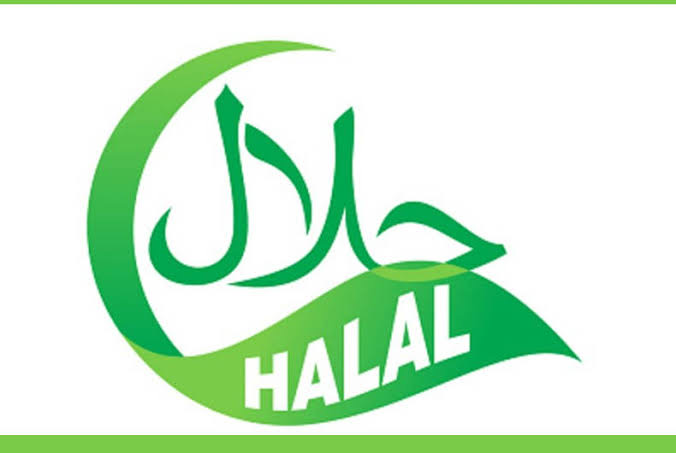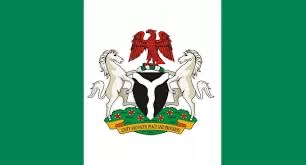In a bid to expand its economy and boost exports, the Nigerian government has recently announced a new strategy to take advantage of the rapidly growing global halal market, worth an estimated $7 trillion.
This was disclosed by the Special Assistant to the President on Export Promotion (Office of the Vice President), Aliyu Sheriff, in a statement issued by the spokesperson of the vice-president, Stanley Nkwocha, on Monday in Abuja.

Sheriff said that as part of the implementation of the strategy, the federal government will launch a comprehensive strategy on Wednesday, September 17, to position the country as a leader in the halal economy.
The special assistant explained that the plan is part of the efforts to transform the economy through a formal market that adheres to the accepted Islamic standards and incorporates the principles, honesty, and values of the world. He believes these values apply across cultures and regions.
Sheriff said the program will bring together government agencies, private sector leaders, and international partners with the aim of enhancing Nigeria’s position as the eighth-largest economy in the world.
“The halal economy represents a tremendous opportunity for Nigeria to diversify our economy, generate foreign exchange, and achieve sustainable growth.

“By increasing our halal exports and focussing on strategic import substitution, we project an addition of nearly 1.5 billion dollars to our GDP by 2027,” Sheriff said.
“The success of Sukuk bonds and the growing appeal of Islamic banking demonstrate that halal principles are compatible with global economic standards and can benefit all Nigerians,” he explained.
The president’s assistant said that the halal economy will change religious beliefs and include the principles of morality, honesty, and quality that are spread across various cultures.
Sheriff added that the strategic focus on the criminal economy opens up new opportunities for Nigerian businesses to compete globally.
It’s not just about breaking into the market; “This is about raising our standards and our work to international levels,” he said.
































